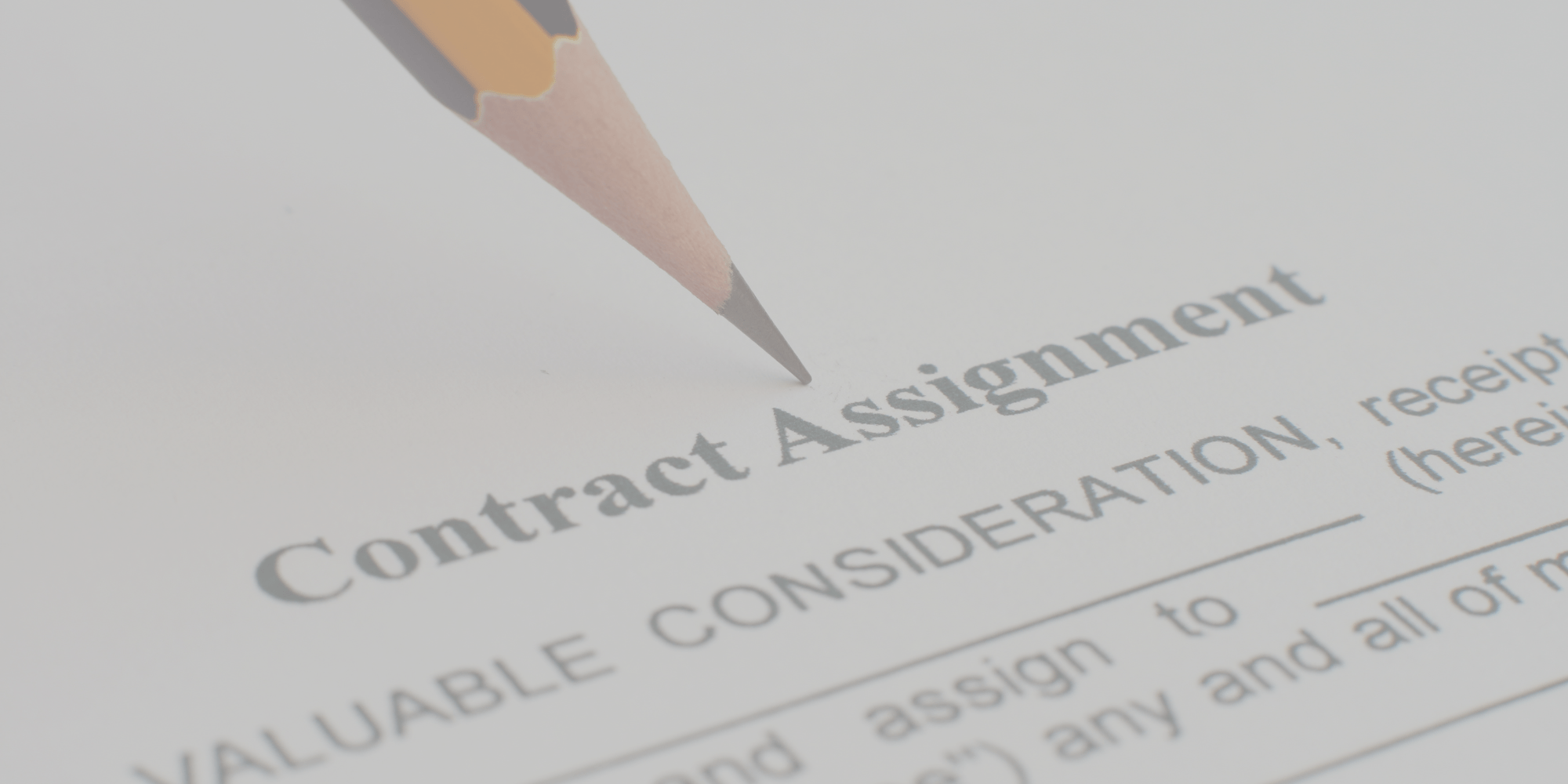A solid contract is a crucial element of successful wholesaling. It can protect wholesalers from financial risk and legal liability, while also ensuring a smooth and profitable transaction. Here are some key elements to consider when drafting a wholesaling contract:
The contract is the legal agreement that binds the buyer and seller to the sale, and it outlines the terms and conditions of the transaction. As a wholesaler, you will be buying a property at a discount and selling it to an end buyer for a profit, so the terms of the contract need to be carefully negotiated and drafted to protect your interests.
Here are some tips for negotiating and drafting a solid wholesaling contract:
- Include clear and concise terms: The terms of the contract should be clear and easy to understand. Both parties should know exactly what they are agreeing to and what their obligations are.
- Define the purchase price and deposit: The purchase price and deposit amount should be clearly defined in the contract. The deposit is usually a percentage of the purchase price, and it is held in escrow until the sale is completed.
- Specify the closing date: This is the date when the sale is completed, and the property is transferred to the buyer.
- Include contingency clauses: Contingency clauses protect the buyer and seller in case certain conditions are not met. For example, a financing contingency allows the buyer to back out of the contract if they are unable to obtain financing.
- Specify the title and escrow companies: The contract should specify which title and escrow companies will be used for the transaction. These companies will handle the transfer of the property and the funds.
- Address repairs and inspections: List any repairs or inspections that need to be done before the sale is completed. The buyer may request repairs or inspections, and these should be negotiated and specified in the contract.
- Specify the buyer’s and seller’s responsibilities: The contract should specify the responsibilities of both the buyer and the seller. For example, the seller may be responsible for cleaning out the property before the sale, and the buyer may be responsible for any repairs needed after the sale.
- Have a real estate attorney review the contract: It is highly recommended to have a real estate attorney review the contract before it is signed. They can ensure that the contract is legally binding and that both parties are protected.
Negotiating and drafting a solid wholesaling contract is critical for a successful real estate wholesaling transaction. Remember to always seek cousel before signing any legally binding agreement. If you need assistance with drafting your first wholesale contract, contact Lauton Properties, 732-844-0415.

